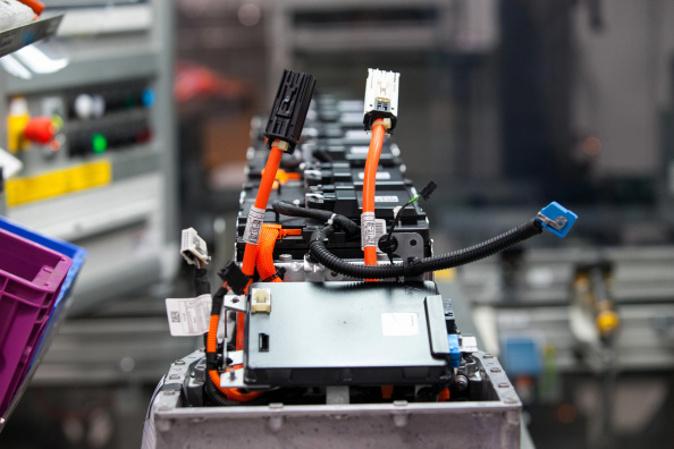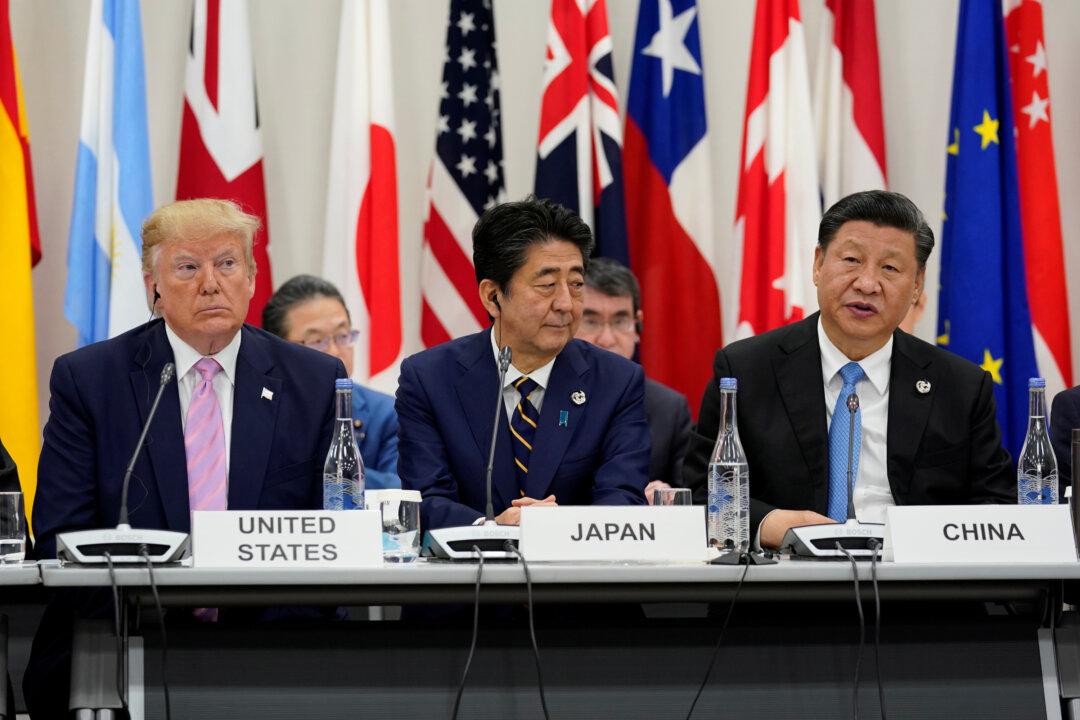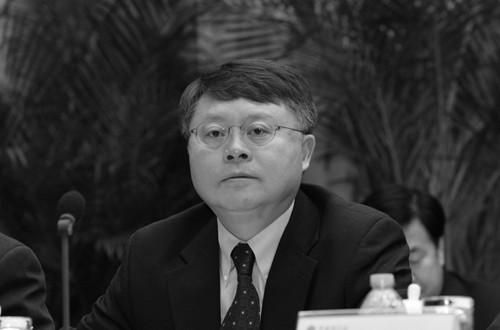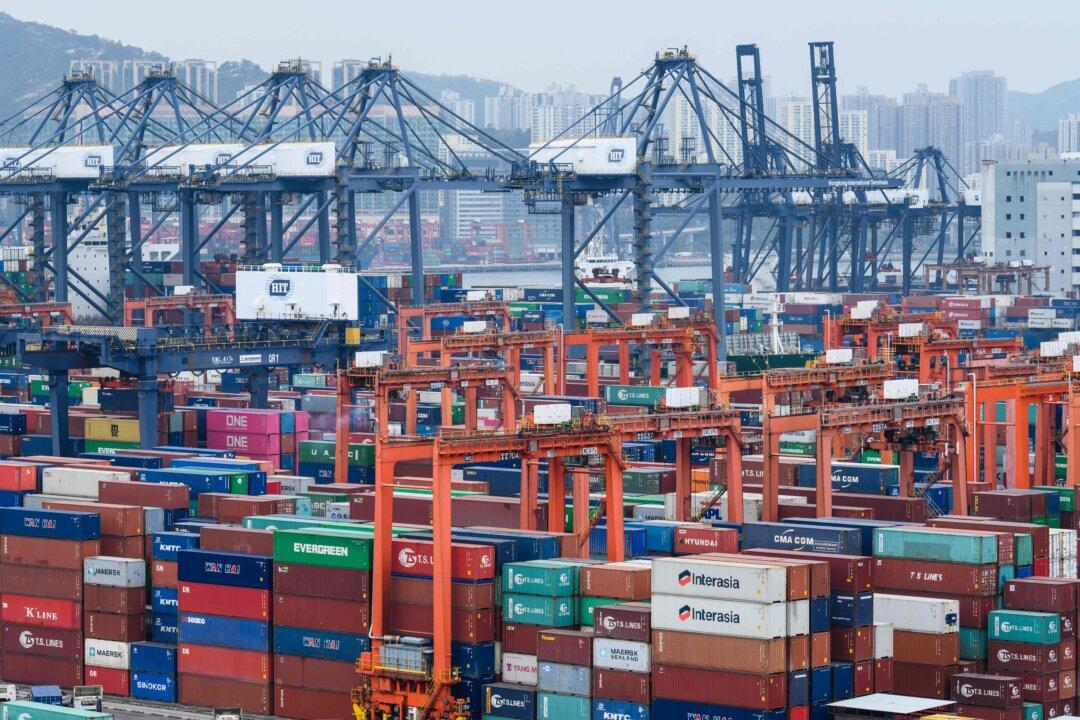PRBA—The Rechargeable Battery Association has called for more severe measures in the regulation of lithium ion battery manufacturing and shipping in China.
Lithium ion batteries are a common battery type found in everyday devices such as laptops and tablets, and are also used to power tools and electric vehicles. However, the batteries are highly volatile, especially in cargo shipments that bunch many batteries together. Since 2004, over 80 incidents have been documented involving lithium battery shipments catching fire, including those on commercial and cargo flights.
Though U.S regulations have been passed stipulating proper documentation, packaging, and labeling of the batteries, China continues to act in noncompliance with regulations, despite it being one of the world’s largest producers of lithium ion batteries in the world.
“Unfortunately, we are seeing an enforcement gap in China by agencies overseeing the transport of lithium ion batteries,” PRBA Executive Director George Kerchner said during a recent presentation at the 8th U.S.–China Transportation Forum in Los Angeles.
In the presentation, PRBA raised several issues prevalent in China, including knowlingly mislabeling of shipments of lithium ion batteries and counterfeit batteries. The PRBA cited the specific instance of a UPS Flight 6, a cargo plane that crashed in Dubai in 2010. The plane’s cargo manifest—a “cargo” document listing the cargo, passengers, and crew of a vehicle, affirmed that the plane carried several large, undeclared lithium ion batteries originating from China.
Another peculiar problem is that lithium ion batteries manufactured in China are often shipped internationally from Hong Kong. This effectively avoids China’s bureaucratic regulatory oversight, which is not in congruence with international standards. This arrangement has made enforcement of dangerous goods regulations difficult for Hong Kong authorities when it comes to dealing with lithium ion batteries produced in China.
Part of the difficulty in regulating processes in China is that to be “willingly uncompliant” is seemingly the norm among many Chinese manufacturers and shippers. There is simply no culture of enforcing regulations in China, and violators are seldom held responsible for their actions.
To this end, Kerchner recommends several solutions, including better coordination on several fronts, such as between regulators, airlines, freight forwarders, and the battery industry. Kerchner also stresses enforcing regulations at the point of origin—the initial shipper and battery manufacturer must be held responsible.
In addition, companies that repeatedly violate regulations must be identified and companies who knowingly violate regulations should be handed significant monetary fines.
The PRBA has repeatedly sought to bring light to the China issue. In August 2014, the PRBA sent a letter to the International Civil Aviation Organization (ICAO), stating that while the PRBA can do little to check transgressors, the “ICAO, however, is in a position to act.”
The letter called noncompliant shipments extremely troubling and stated that without an aggressive enforcement effort, incidents will continue to take place, despite being avoidable.
The PRBA had also asked ICAO to organize a meeting near Hong Kong to “address the problem of non-compliant battery manufacturers, distributors and shippers and the lack of enforcement of dangerous goods regulations.”
The ICAO has yet to intervene.




